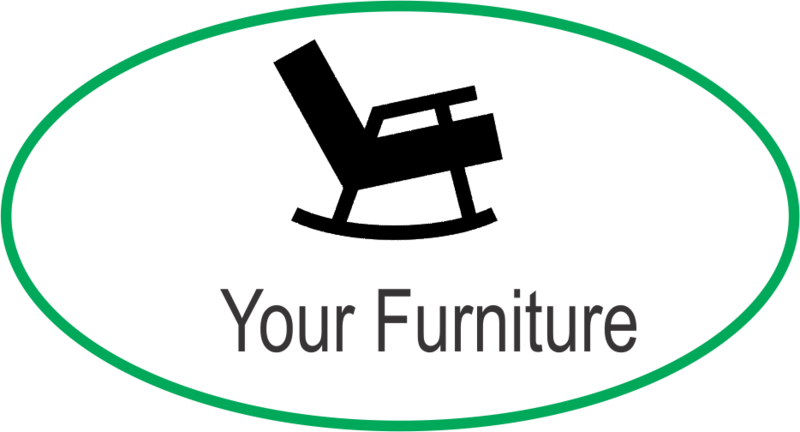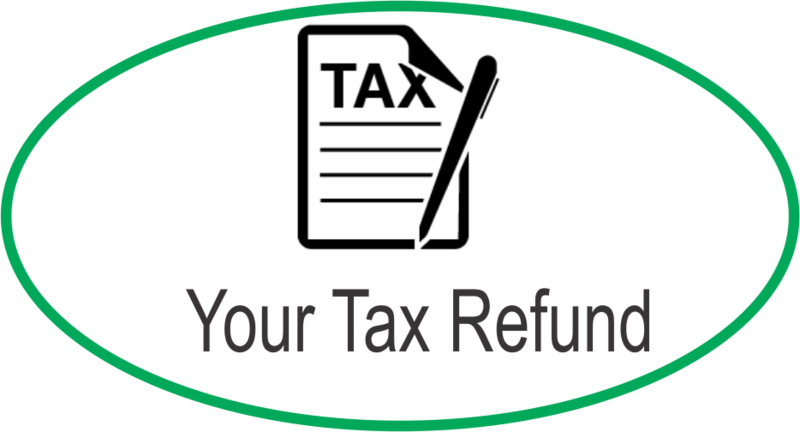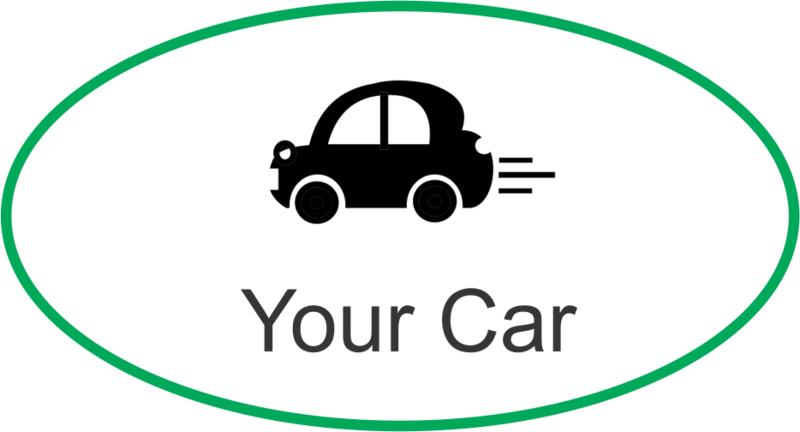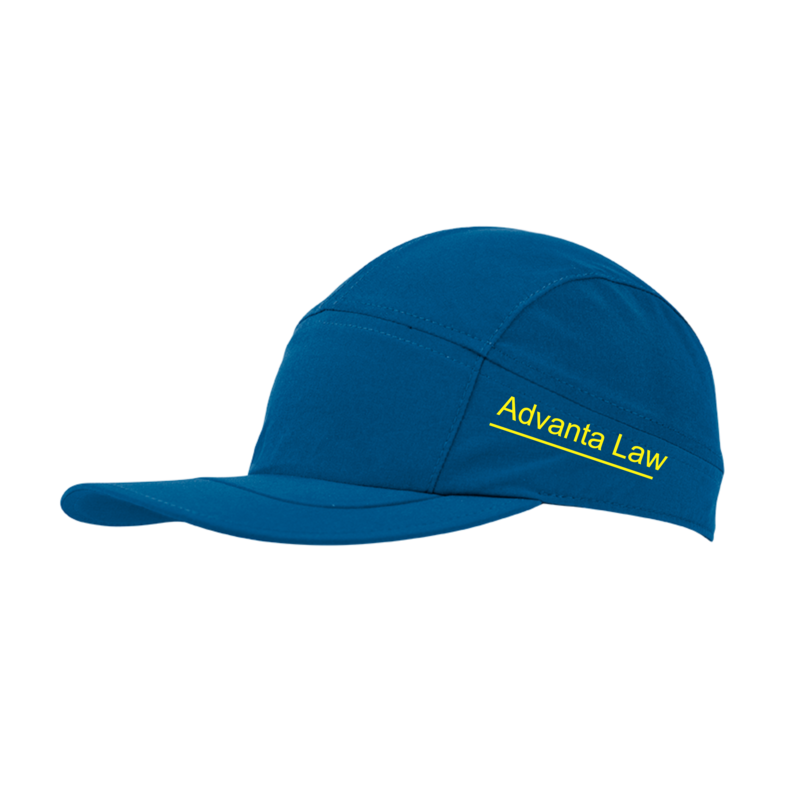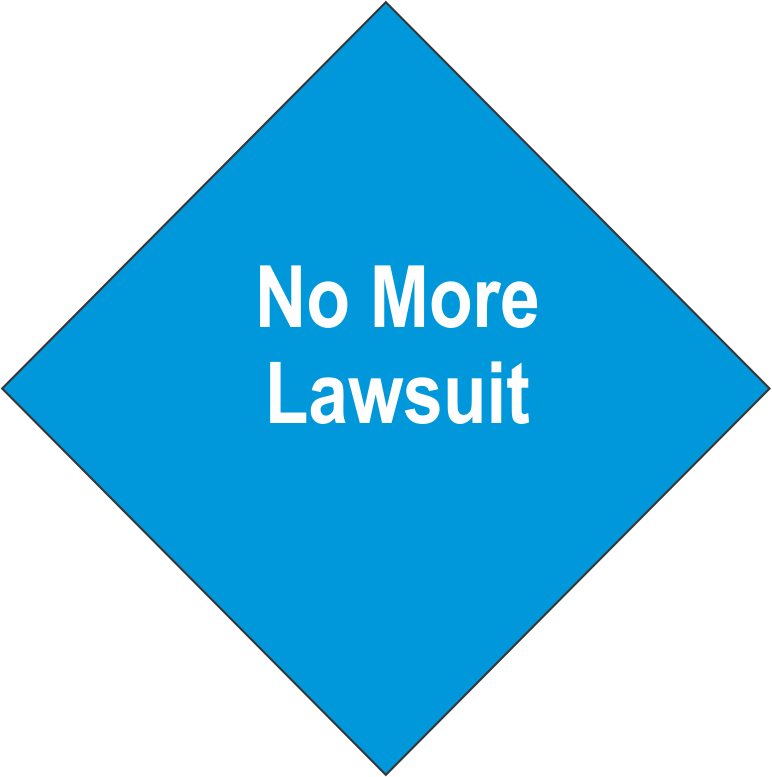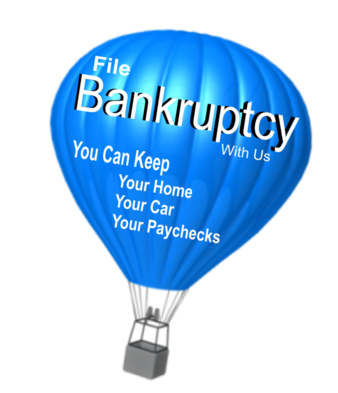Our Michigan Bankruptcy Lawyers represent individual and small business debtors in Chapter 7 and Chapter 13 bankruptcy cases, in all in all counties that are within the United States Bankruptcy Court for the Eastern District of Michigan including Detroit, Ann Arbor, Allen Park, Albion, Lincoln Park, Brighton, Howell, Saline, Monroe, Blissfield, Romulus, Southgate, Wyandotte, Livonia, Dearborn, Westland, Lansing, Hamtramck, Livonia, Canton, Redford, Lincoln Park, Taylor, East Lansing, Okemos, Warren, Sterling Heights, Roseville, Eastpointe, Battle Creek, Oak Park, Hillsdale, Inkster, Ferndale, Hazel Park, Whitmore Lake, Plymouth, Farmington, Trenton, Flat Rock, Tecumseh, Clinton, Chelsea, Novi, Garden City, Westland, Northville, South Lyon, Milan, Brooklyn, Melvyndale, Ecorse, Belleville, Canton, Wayne County, Ingham County, Washtenaw County, Monroe County, Macomb County, Livingston County, Shiawassee County, Clinton County, Eaton County, Calhoun County, Branch County, Hillsdale. The information contained herein is not legal advice. Any information you submit to us may not be protected by attorney-client privilege. All or some photos shown depict models and may not be actual attorneys or clients. We are expressly disclaim all liability in respect to actions taken or not taken based on any or all the contents of this website. We reserve the right , at our sole discretion, to change, suspend, or discontinue all or any part of this website or the content at any time without prior notice or liability. An attorney responsible for the content of this Site is M. Zaher, Esq., licensed in the State of Michigan with offices at 18551 W. Warren Ave., Detroit, MI. 48228
We are a debt relief agency. We help people file for bankruptcy relief under the bankruptcy code.
Office Hours:
Monday - Friday 9:00AM to 6:00PM
Saturday and Sunday by Appointments
Detroit Location (Main Office)
18551 W. Warren Ave
Detroit, MI. 48228
1-313-982-0010
Southfield Location
24300 Southfield, Ste 210
Southfield, MI 48075
1-248-281-6466
What is Chapter 7 Bankruptcy?
Chapter 7 bankruptcy is designed for individuals (and married couples) who can’t pay their bills such as credit cards, medical..etc. If your monthly income less your monthly expenses then you’re may eligible for a Chapter 7 bankruptcy. Generally speaking, you will be able to wipe out your debt such as credit cards, medical and dental bills, unsecured personal loans and others. In Chapter 7, you may keep your house, car and no more garnishment.
What kinds of debt can bankruptcy eliminate?
Filing under Chapter 7 may allow many types of debts to be wiped out completely:
■credit card debt
■electric, gas, water, and other utility bills
■medical, dental, and vision bills
■personal and unsecured bank loans
■automobile loan obligations remaining on a repossessed vehicle
■mortgage loan obligations remaining on a foreclosed home
When filing for bankruptcy do not ever do any of the following actions:
Do not accrue any further debt. This includes charges on credit cards, unsecured loans or similar transactions. Knowingly entering into borrowing arrangements when you are preparing to file bankruptcy can cause serious problems.
Do not make transfer ownership of any property (cars, land, homes, etc.). Willfully transferring ownership of real property when you are preparing to file for bankruptcy is essentially hiding assets and will cause you a lot of trouble.
What Happens to Tax Refunds in Bankruptcy?
Tax refunds you are entitled to receive are considered property in bankruptcy just like money in your bank account. You must disclose any anticipated tax refunds as an asset on your bankruptcy schedules. This means that if you want to keep your refund, you must be able to exempt it. If you can exempt your tax refund in Chapter 7 bankruptcy, you can keep it.
 | ||||
Wage Garnishments
Creditors Harassment
Utility Shutoff Notice
Taking Tax Refund
Filing Lawsuits
and more.........
Can i file bankruptcy and keep my car loan ------ Yes
Can i keep my car if i file chapter 13--------------- Yes
When you file bankruptcy what happens to your home-------- Probably nothing
If i declare bankruptcy what happens to my garnishment------- Stop
Will i lose my job in chapter 7 or 13 --------- No
Can utility bills be included in chapter 7 or chapter 13----- Yes
What is Chapter 13 Bankruptcy?
Chapter 13 bankruptcy in Michigan involves debt reorganization. Basically it is a propose a payment plan, which can get mortgage, car payment arrears and other debts caught up and pay anywhere from 1 percent to 100 percent of the amounts owing to credit card, medical bills and other unsecured creditors.
Clients who typically choose this type of debt relief have fallen behind on their mortgage, car payments, income taxes or other obligations. Or they may not qualify for Chapter 7 relief. They want to keep their property, but need additional time to catch up. Chapter 13 provides a means of paying tax and other non-dischargeable debt over time, often without interest or penalties.
Stop Paying High Legal Fees For Bankruptcy
Affordable Legal Representation
Contact US
Name:
Email:
Phone:
Best Time To
Call You.
Message:
Our attorneys have helped thousands of people achieve success with getting a fresh start.
(248) 281-6299
(248) 281-6299
FREE Consultation
With Bankruptcy You Can Keep
"We Look Forward To Meeting You. We Can Get You Out Of Debt"
We Serve Detroit Areas, Ann Arbor Area
All Cities In
Oakland County Areas
Macomb County Areas
Wayne County Area
*** If we make a mistake in your bankruptcy petition that leads to you not receiving a discharge in your bankruptcy case we will refund you 100% of the attorney fees. We reserve the right to do whatever is possible to address any issue that may arise in your case at our own expense. We are not guaranteeing you a result in your bankruptcy case or that you will receive a discharge of all of your debts or any one debt. There are debts that are not dischargeable pursuant to the Bankruptcy Code. Your bankruptcy case may also involve litigation that is independent of you receiving a discharge in your bankruptcy case. We cannot guarantee that that you will obtain a discharge of any one specific debt, or of all debts.
Southfield Location:
24300 Southfield Road Suite 210
Southfield, MI 48075
Tel: 1.248.281.6299
_____________ Advanta Law Firm ______________________
Stop Garnishments Now!
(248) 281-6299
We Offer Payment Plans
If you need more information about bankruptcy or if you need bankruptcy lawyer near you or in your location, call our office (248) 281-6299. You are more than welcome to visit the following links
What is a Redemption?
A redemption is another option available under chapter 7 bankruptcy that allows you to reduce the amount owed on your vehicle or other asset that is acting as collateral for secured debt and still keep it. A redemption is only available if you owe more on the vehicle than what it is worth. When you redeem a vehicle, you are essentially signing a new contract that states that you will keep paying on the vehicle if the bank agrees to lower the amount that is owed on it.
For example, you might own a vehicle that is only worth $10,000, but you owe $15,000. Through a redemption, the bank will create new terms for your loan where you now only owe $10,000 when you begin making payments on the new loan.
When you file Chapter 7, you have at least three choices in how you deal with your car loan:
Surrender your car to the lender
Reaffirm the debt
Redeem it for its value
A redemption usually has a higher interest rate than your original loan, but because the amount is owed is less, it typically lowers your monthly payment and/or duration of your payments.
The disadvantage of the redemption is, like a reaffirmation, you lose your bankruptcy protection on the vehicle. If you were to give your vehicle back to the bank, you would still owe on the remaining balance. Not everyone will qualify for a redemption.
You will have to owe significantly more on the vehicle than what it is worth, and the bank will have to be amenable to completing a redemption through your bankruptcy.
How to Redeem a Car in Chapter 7
Determine how much your vehicle is worth. Two good places to look are NADA and Kelley Blue Book.
Compare the value of your car with the amount your lender says you owe. If the value is significantly lower, it might be worth your while to pay off the value or to apply for redemption financing.
Talk with your bankruptcy attorney about whether it is feasible for you to redeem your vehicle.
Once you’ve come to terms with the lender, your attorney will prepare and file with the court a Motion to Redeem.
The redemption must be approved by the bankruptcy judge, but depending on your local procedures, it may not ever be necessary for you to appear in court. Of course, your attorney will explain your court’s process in more detail.
Once the court approves the redemption, the new lender will pay the old lender (and will pay your attorney any agreed-upon fee for handling the redemption). The old lender will release the old lien, and you will now be liable to the new lender on your new loan.















